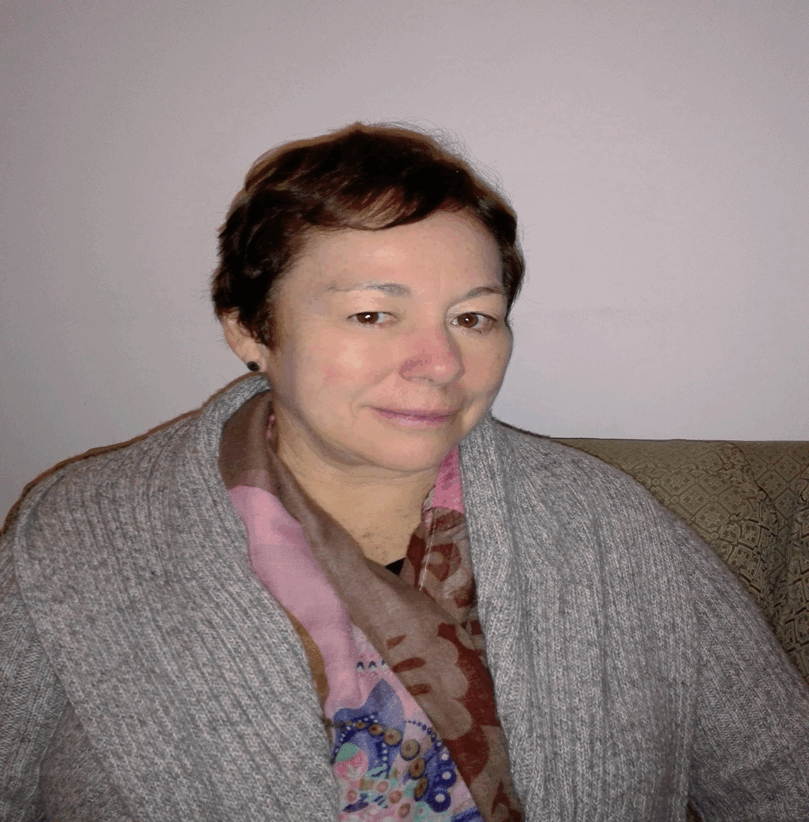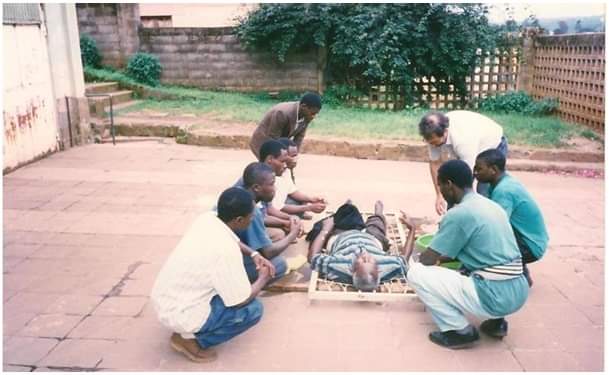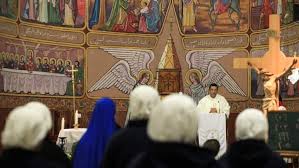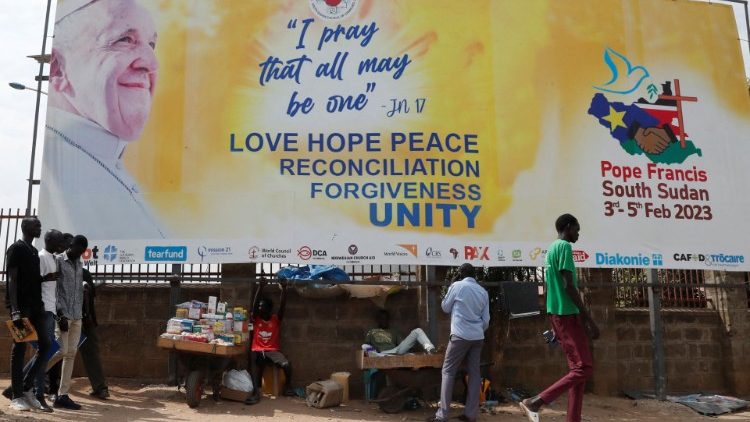Something New is rising…
The death toll is straightforward, but each victim’s face and name remind us that people are dying, whole families are suffering, that suffering and death are knocking at the door of more than 11,000 Peruvian families which have been unable to hold a wake over their dead and bury them. And the number of infections is still growing, and there is no end in sight for this pandemic.
I painfully realize that, in spite of all governmental efforts to fight Covid-19 and prevent deaths, infections and demises increase day after day. This pandemic has brought to light our huge structural social gaps, exacerbated by decades of corruption at the highest levels of government. Some of our recent prime ministers are on trial on this charge of corruption. Citizens used to say: “No matter if he misappropriates money, as long as he builds infrastructure”. But now they realize that it does indeed matter. This illicit acquisition of wealth has contributed to the death of thousands – neither the public health care system nor the educational system was improved, and its consequences are being seen now.
A poor health care system completely overwhelmed in both the capital city and the regions, and a non-universal educational system which consequently broadens the gap among Peruvians. Thousand have lost their precarious job. Underemployment disguised as employment. The fictitious development which was instrumental in claiming that Peru had overcome poverty has been cruelly exposed. One third of the Peruvian population does not have a fridge at home and must consequently go out every day for food buying. Most people work informally. They eat their bread – literally, day after day – by the sweat of their brow; if they do not work today, they have nothing to eat. That’s why more than 100,000 people went out to the streets when the lockdown was decreed trying to get back on foot to their home regions, to the rural areas they had left in order to look for better life conditions in the capital, this city that expels them today. And they even said, “I would rather die from COVID-19 than starve”.
We are suffering not only the COVID-19 pandemic, but also the pandemic of injustice, of corruption, of lack of interest in the common good. Poor people, women, migrants, prisoners, those usually excluded are suffering most under these circumstances.
What does God want to tell us with all this? We hear His voice in the weeping of the poor and nature’s cry. We hear His voice in Pope Francis’ prophetic leadership, “We carried on unperturbed, thinking we would stay healthy in a world that was sick”. This is not really possible, and we cannot return to business as usual after the pandemic. We are entrusted with healing a sick world.
As followers of Jesus of Nazareth, we firmly believed that the Gospel is God’s redeeming force “sown” by Jesus in the heart of both the world and everybody’s life. We also discover kindness, generosity, love, solidarity, etc. in the middle of the pandemic. The quarantine has intensified in many the desire to live more humanly and rescue what is most precious in life – family life, friendship, simple life, care of nature, peace. It has also intensified the desire to surge into greater depth, look for what is transcendent, and find a meaning to life beyond consuming or working aimlessly while neglecting what is most important.
The Gospel’s transformative energy is moulding humankind. Thirst for justice and love will keep growing. The Gospel strengthens us to heal this world, not only from coronavirus, but also from the pandemics of starvation, racism, injustice, from all sorts of exclusion. Healing this sick world means building our society, our Church, our personal and family lives, our relationship with nature in a different way.
God the Father is calling us to demonstrate a real fraternity. Real fraternity becomes apparent in structural change, in changing the way in which society is built. We have to rebuild it prioritizing the poor and the vulnerable, so that everybody has access to water, enough food and a decent job. Those are basic human rights which are denied to a considerable part of humankind.
The awareness that everything is interconnected tells us that the good we do has a transformative effect beyond our small reality. Being more profoundly brothers and sisters, being more human, implies building the common good prioritizing the most vulnerable. It also implies refusing the old normality of injustice and building a new normality according to the way of Jesus of Nazareth, who never resigned Himself but introduced a new way of seeing things, of acting, of prioritizing. He is a transformative force by Himself, but needs us to exert such force.




